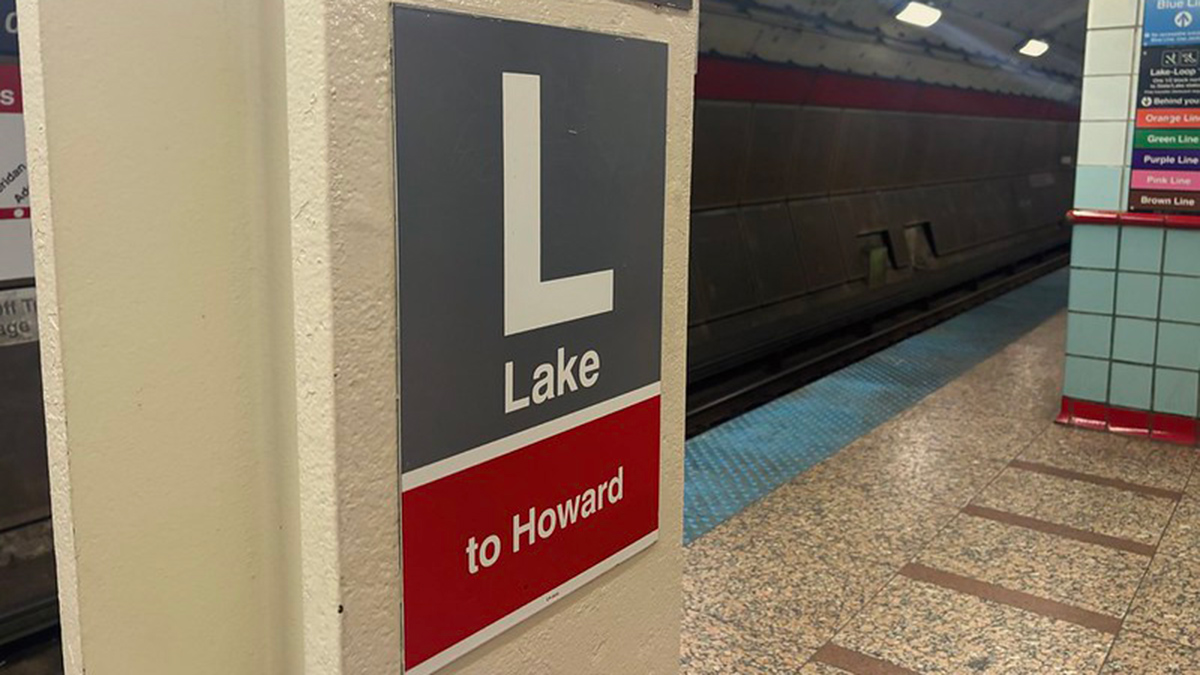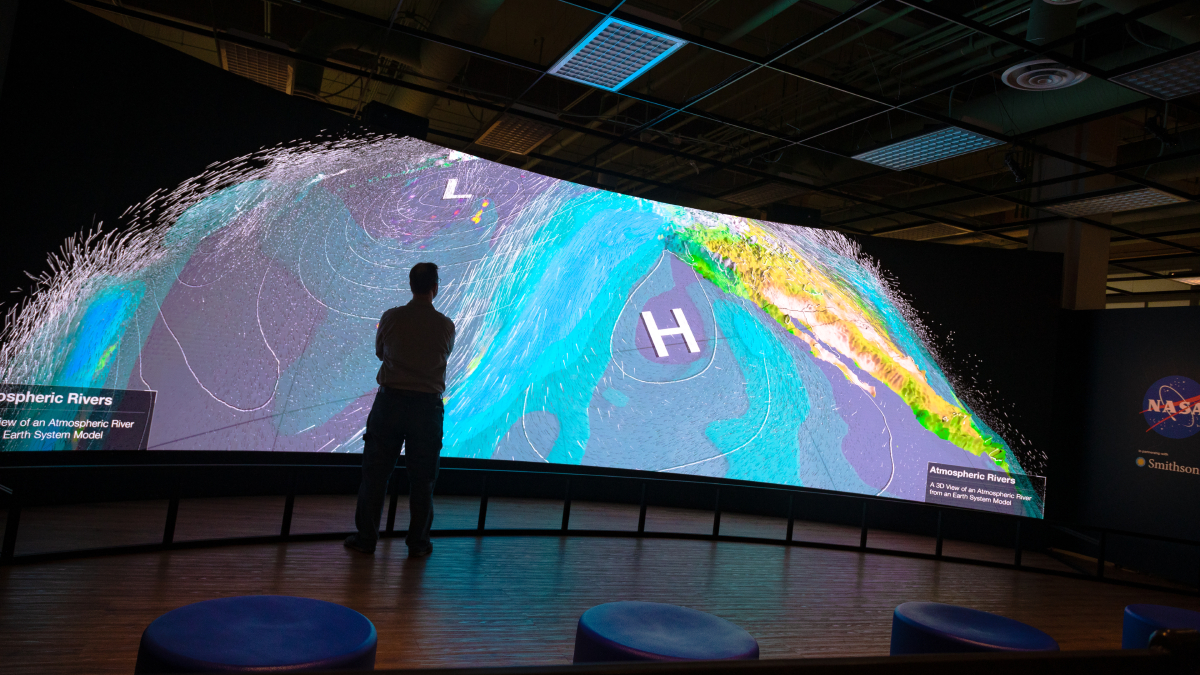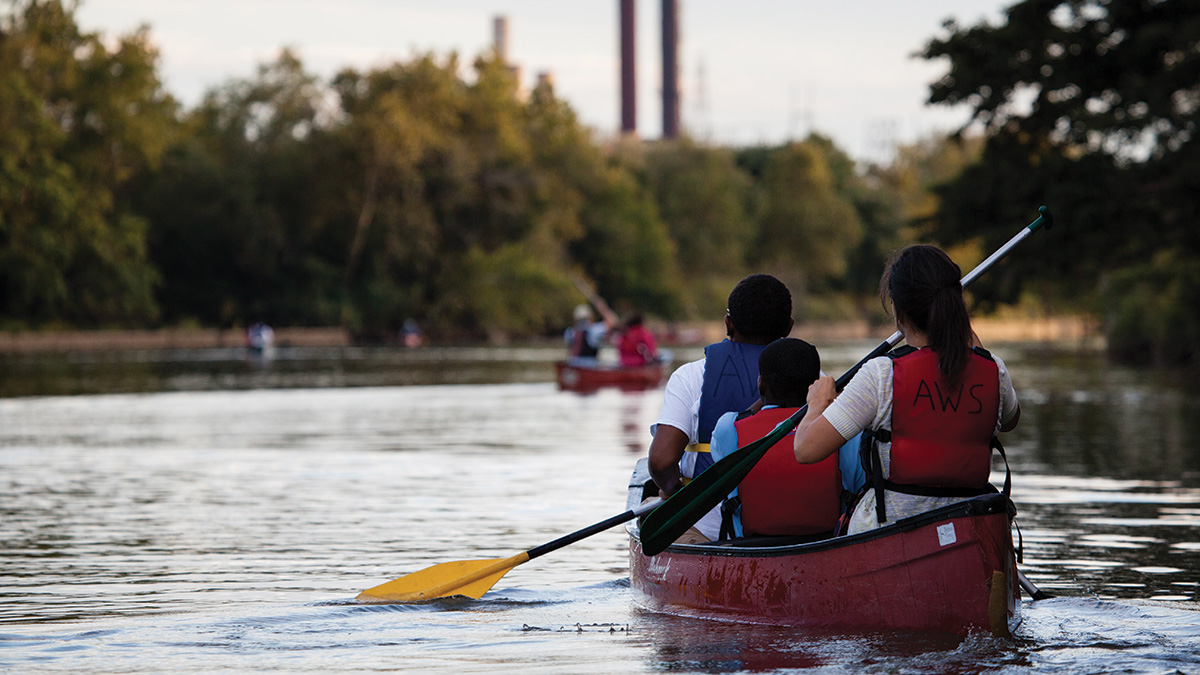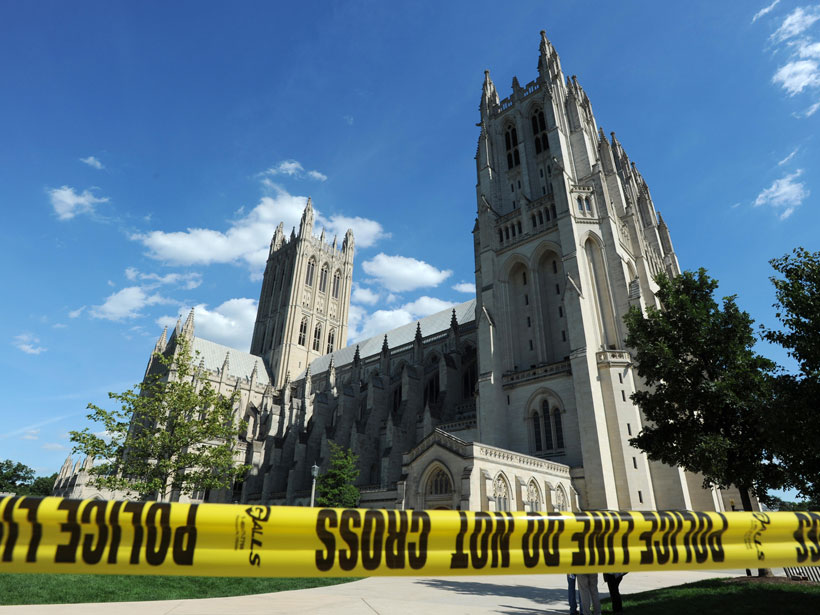Socioeconomic factors drive how much extreme heat public transit users in Chicago, NYC, and Washington, D.C., experience as they walk to and from metro stations.
Washington D.C.
National STEM Festival Celebrates 103 Student Innovators
A “national science fair” in Washington, D.C., hopes to help students persist on their pathways to STEM careers.
Explore Washington, D.C.’s Science Scene
Earth and space science hot spots are sprinkled throughout the D.C. metro region.
Smithsonian Exhibit Connects Sky-High Views with Down-Home Impacts
“Preserve and cherish the pale blue dot, the only home we’ve ever known.”
Air Pollution Poses Inequitable Health Risks in Washington, D.C.
Certain health risks are greatest in neighborhoods with higher proportions of people of color and lower levels of income and education.
The Capital’s Waterways Could Be Swimmable by 2030
Scientists, community groups, and the Clean Water Act are behind Washington, D.C.’s massive project to reduce combined sewer overflows by 96%.
Ten Years on from the Quake That Shook the Nation’s Capital
A decade of study into the Virginia earthquake that damaged D.C. and reverberated up and down the Atlantic coast in 2011 has shed light on rare, but risk-laden, seismicity in eastern North America.
Aumento de la equidad en los espacios verdes de la ciudad
No todos los residentes citadinos tienen el mismo acceso a los beneficios que brindan los espacios verdes. Para abordar esa inequidad se requiere la participación de la comunidad en cada etapa, desde la planificación hasta el desarrollo y la gestión.
Growing Equity in City Green Space
City residents don’t all have the same access to the benefits of green space. Addressing that inequity requires community engagement at every stage from planning to development to management.
AGU Honored with the First Clean Energy DC Award
AGU aspires to lead by demonstrating that a building on a tight urban footprint can operate on a net-zero energy basis while providing a productive and healthy place to work and meet.










